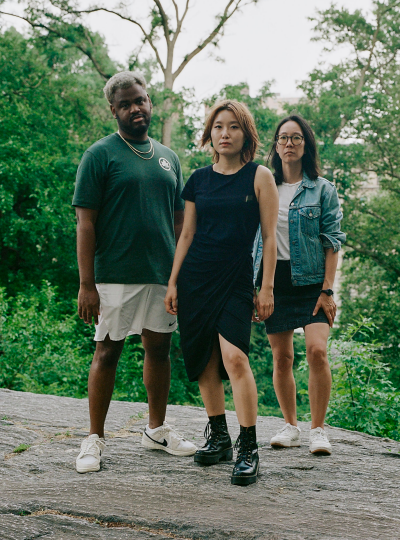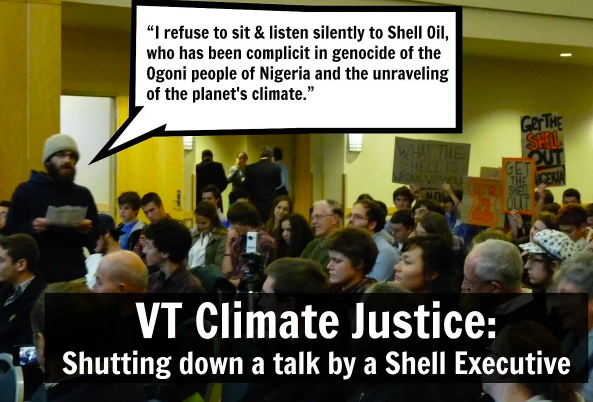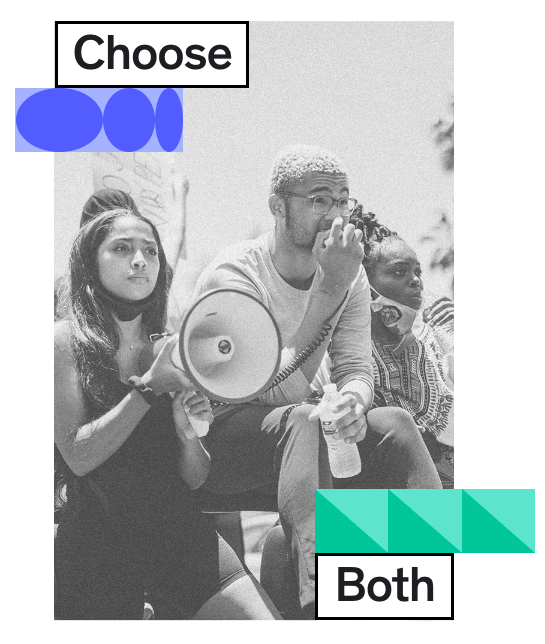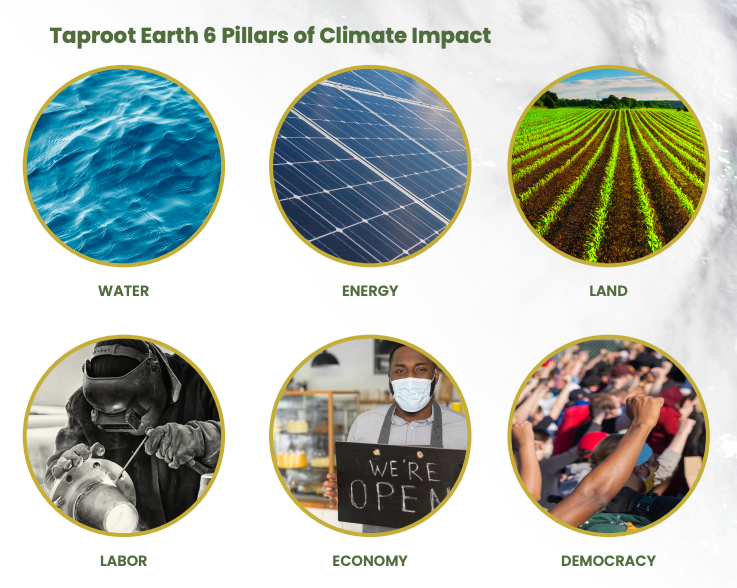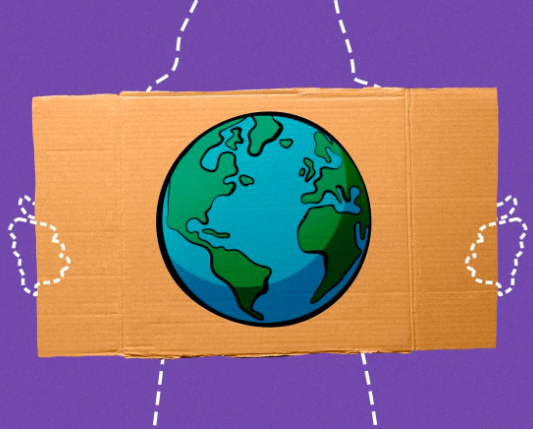Resources
Search below for resources covering the intersection of climate engagement, social science and data analytics.
RESULTS
The climate movement has a recruiting and retention problem – here’s how we fix it
Bringing more people into the climate struggle starts with transforming movement culture and opening diverse paths to entry. This article presents findings from a study of the Australian climate movement. One of the biggest themes heard from groups was the challenges they face in recruiting and retaining staff and volunteers with the skills, experience and capacities needed for climate justice work. First and foremost, we need to attend to the reasons why people experience barriers in stepping into climate work — including volunteering — by creating excellent cultures that motivate diverse and skilled people to join and stay in the movement for the long term. Second, to improve our culture, we need to open the doors as wide as possible, by creating accessible pathways into the movement for more people and, especially, for folks from more diverse backgrounds. This article gives specific ways to do each of these.
You Can Win Bold Climate Laws in Your State
New York State passed the Build Public Renewables Act in May 2023. In this resource, Olúfẹ́mi O. Táíwò spoke with three organizers from the NYC-DSA Ecosocialist Working Group who campaigned for the legislation. Socialists in New York City spearheaded the Build Public Renewables Act (BPRA) to authorize and mandate the public power authority, the New York Power Authority (NYPA), to build, develop, and own renewable energy in the state to meet the climate goals set in 2019 to decarbonize the state’s energy system. DSA also wanted to create discounted utility rates for low- to moderate-income communities because people are struggling to pay their energy bills, as well as close down all of NYPA’s gas peaker plants, which are primarily located in Black and brown neighborhoods. The campaign built relationships with environmental justice organizations like WE ACT, other DSA chapters, groups like Sane Energy Project, For the Many, Food & Water Watch, and Sunrise NYC—and it was tougher to power map to get labor unions to support the bill and get it over the finish line. DSA-endorsed legislators were crucial to pushing the policy inside the state legislature. This long-form interview includes many other descriptions of the campaign.
Nuts and Bolts for Building Resilient Organizations
These are the skills that leaders need to develop in order to build resilient organizations. Humility: A culture of humility lowers everyone’s blood pressure, providing the key foundation for people to be able to work through their differences together. Self-discipline: Self-discipline builds power at scale. Imposed discipline occasionally has its place (firings, etc.), but anything held together only through imposed discipline will be a lot smaller, more fragile, and less powerful than an adaptable, decentralized organization with self-disciplined leaders. To create self-disciplined leaders, we emphasize the skills of simplicity, habits, and joy. Love: It’s valuing people for who they are, seeing the best in them, and figuring out how to integrate people together into mutually beneficial relationships.
Actions > Awareness
Actions are our best tools for generating awareness—and not the other way around. There’s some fascinating evidence that makes the case for why actions are our best tools for generating awareness that comes from the pro-life movement. This resource is Chapter 29 from a book project called "Rough Waters Ahead: Holding on for Young & Rising Climate Change Activists." Sociologist Ziad Munson studied how anti-abortion activists first got involved, and Munson found that 23% of anti-abortion activists were pro-choice and 20% were undecided on abortion access when they attended their first event. What led these moderate of liberal-leaning people to join the pro-life movement? Munson argued that it was relationships and feeling part of a bigger whole that helped people gel into their anti-abortion beliefs. Munson also found that people who evolved into an anti-abortion activist were more likely to be at a significant turning point in their life, such as recently graduating high school or college, moving to a new city, starting a new family, or newly retiring. PowerLabs movement support group has also similarly found that direct, political actions change people’s minds and create new awareness—not the other way around.
Choose Both
Choose Both is a collection of movement builders, supporters, and mobilizers helping partners realize a more open, just, and habitable world. They believe that pursuing equity for marginalized folks is the only way to get there. They work with storytellers, campaigners, designers, and more transforming the way that organizations and initiatives take on racial equity as an impact priority. Choose Both identified 5 key decision-points where these partners can choose both equity and evidence to strengthen their impact. First, choose goals that both capture new visions and meet existing needs. Second, choose storytelling that’s both emotional and technical. Third, choose to reach both loyal audiences and new communities. Fourth, choose to both consider data and challenge bias. Fifth, choose reporting that both inspires your own community and accounts for others.
Deep Canvassing Lessons Learned with Kentuckians for the Commonwealth
Join Kentuckians for the Commonwealth to learn more about their deep canvassing efforts, lessons learned, and best practices from their on-the-ground experience. During this webinar, participants will hear from the folks involved about how deep canvassing can be a powerful tool for bringing new people into the climate justice movement as well as how learnings might be applied to other climate deep canvass and relational conversation programs across the country.
Learning From the Climate-Mental Health Convergence
The climate movement has lessons for all social impact practitioners working to create a more just and healthy world. While the climate and mental health movements are getting increased attention separately, a small set of leaders working across these movements are prioritizing and integrating mental health and climate advocacy as a unified effort. From climate scientists to psychologists, these actors are creating bi-directional efforts that serve both causes. Importantly, they see these two global crises as inextricably linked, highlighting that people across these movements must integrate these fields of practice rather than working in silos. Beyond prioritizing mental health education and interventions in our initiatives, social impact practitioners across all areas often face personal challenges as we dedicate our time and energy to witnessing and mitigating the world’s inequities. In recent years, particularly in light of the COVID-19 pandemic, many of us have heard repeated calls for self-care in the face of what can be exhausting and painful work.
Gulf to Appalachia Climate Action Strategy 2022-2023
Stronger movements will come from continuous joyful acts of building community and the strategic investment in collective leadership towards a bright, just future for many generations to come. This report calls on others in the movement to learn, work together, be proactive, find connection and safety, and uplift hope. This report’s #WeChooseNow Climate Action Strategy convened over 150 frontline and allied leaders for community power building sessions across the Gulf South and Appalachia to affirm a path forward in repairing generational harms of environmental racism through collective governance to protect what is sacred and help our communities thrive. This report’s organizing strategy guide includes advice on relational and capacity building, funding, communication tools, safety and security, and policy and project support. Specifically, this organizing strategy will include a frontline organizing retreat, a leadership activation fellowship, a communication toolkit, a resource exchange portal, and frontline aligned funding.
Greenhouse Gas Reduction Fund: Best Practices for Equity And Governance
Environmental justice communities can be meaningfully centered and empowered within the Greenhouse Gas Reduction Fund program. Prioritize direct benefits to low-income and disadvantaged communities. Community engagement should be incorporated throughout awardees’ operations, including in their overall governance structure and business plan. Create accountability to local and impacted communities, especially low-income and disadvantaged communities. Operate with transparency, which is a prerequisite for accountability, and helps to build trust with communities and other stakeholders.
Asian Americans left out of climate movement
Asian Americans have long been excluded from the national climate movement, activists and scientists told Axios. Asian Americans across the country are working to change that legacy of omission by leading climate organizations, protests and research. Climate justice activist Alexia Leclercq, who is Taiwanese with Indigenous ancestry, tells Axios that growing up in Texas, "upper class, white, mostly men" were always depicted as scientists or environmentalists. Although representation has "somewhat improved," Leclercq says the larger Asian American community is still "not included" in leadership within these spaces.
Pagination
- Previous page
- Page 3
- Next page

